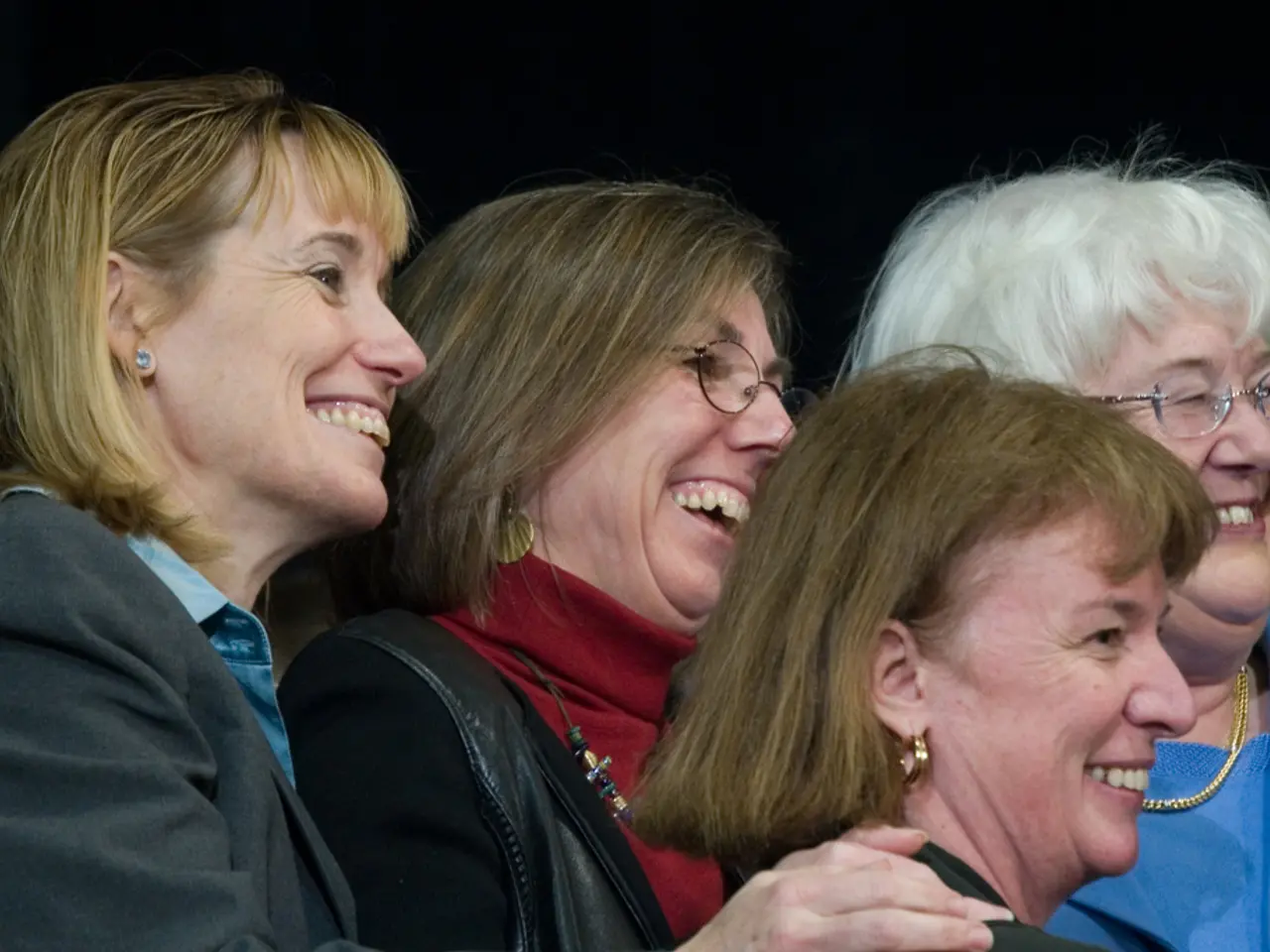Prioritizing Personal Well-being Regardless of Age - Maintaining a Sensational Feel-Good State at All Times
In today's fast-paced world, self-care has grown into a $149.9 billion industry, underscoring its importance in maintaining personal well-being. As age advances, self-care practices become even more crucial for older adults, addressing changes in physical health, cognitive function, and social engagement.
Key self-care practices for older adults include regular physical activity, healthy eating and hydration, cognitive engagement, relaxation and stress management, regular health screenings, social and spiritual engagement, and proactive use of community-based health services.
Older adults focus on maintaining mobility, strength, and balance through low-impact activities like walking, yoga, tai chi, and gardening. A nutritious diet rich in fruits, vegetables, lean proteins, and whole grains, along with staying well-hydrated, supports overall health and can help manage chronic conditions. Cognitive engagement is achieved through reading, puzzles, learning new skills, or social activities to preserve mental acuity.
Relaxation and stress management techniques such as deep breathing, meditation, progressive muscle relaxation, and guided imagery are effective for reducing stress and promoting emotional well-being. Regular health screenings are prioritized for age-related conditions like diabetes, hypertension, and osteoporosis.
Social and spiritual engagement is vital for emotional and social wellness, often through community events, friendships, and engaging in spiritual or volunteer activities. Participating in these activities contributes to a sense of purpose and belonging, which are essential for older adults.
As we age, self-care practices may differ from those of younger generations. While the core principles of self-care (nutrition, exercise, stress management) apply across ages, the focus and implementation often differ. For instance, physical activity for older adults emphasizes maintaining mobility, strength, and balance, while for younger people, it may focus more on fitness goals, weight management, or sports performance.
In conclusion, older adults prioritize self-care practices that maintain independence, manage chronic conditions, and foster social and emotional well-being. These practices are tailored to address specific health risks and lifestyle changes associated with aging. Wellness for seniors is increasingly recognized as multidimensional, encompassing physical, intellectual, emotional, social, spiritual, and vocational aspects.
By adopting self-care routines, older adults can lead healthier, happier, and more fulfilling lives. Embracing self-care at every age is essential for personal and social well-being, offering unique benefits such as better emotional control, stress management, and happiness.
- In the realm of health-and-wellness, older adults prioritize self-care practices such as regular physical activity, healthy eating, hydration, cognitive engagement, relaxation, stress management, regular health screenings, social and spiritual engagement, and proactive use of community-based health services to maintain independence and manage chronic conditions.
- The lifestyle of older adults involves focusing on self-care practices that are tailored to address specific health risks and lifestyle changes associated with aging, with a primary focus on maintaining mobility, strength, and balance through low-impact activities.
- Education-and-self-development can play a crucial role in the self-care routines of older adults, as cognitive engagement is achieved through activities like reading, puzzles, learning new skills, or social activities to preserve mental acuity.
- A commitment to personal-growth and mental-health is evident in the prioritization of relaxation and stress management techniques such as deep breathing, meditation, progressive muscle relaxation, and guided imagery, which are effective for reducing stress and promoting emotional well-being.




